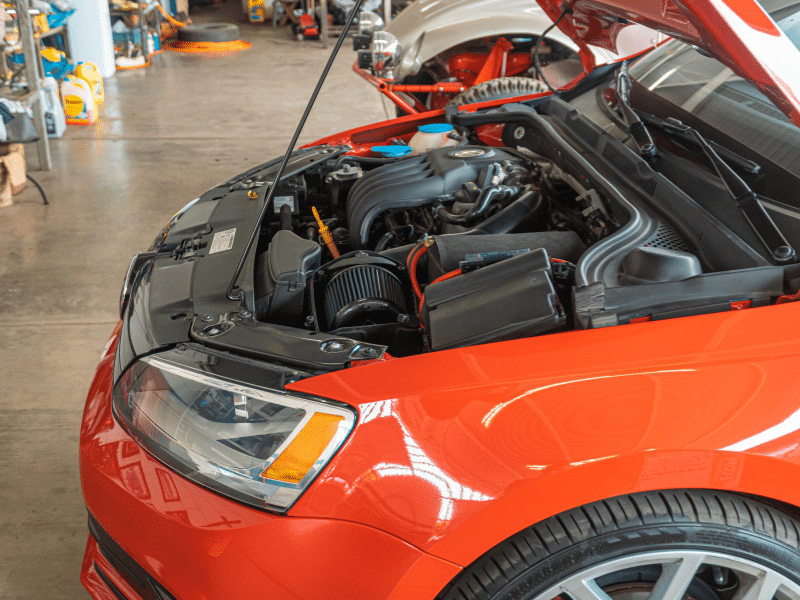If your car jerks when accelerating at low speeds, it can be quite frustrating. This normally happens when the car is old or not maintained properly. It not only disrupts the driving experience but can also prove to be a serious safety hazard. Here are some common reasons why your car jerks while accelerating and what you can do about it:
Dirty air filter
Air filters prevent pollutants such as dirt, debris, and other things from getting into the system and causing problems. Over time, the air filters tend to accumulate blockages and build-ups, which can cause inefficient fuel combustion. Try cleaning the air filters and see if the problem persists.
Dirty fuel injectors
This is among the most common reasons why a vehicle jerks while accelerating. Dirty fuel injectors cause engine misfires. This can cause the car to lose power when you try to accelerate while at a stop or when you attempt to drive at a consistent speed.
Faulty mass airflow system
A mass airflow sensor, also known as an air meter, measures the amount of air entering the internal combustion engine. Based on these inputs, the engine control unit estimates the amount of fuel needed to keep fuel and air in balance. When the mass airflow system becomes faulty, it leads to jerking.
Damaged spark plugs
Faulty spark plugs can cause jerking during low-speed acceleration. A spark plug is a critical component of an internal combustion engine. Its role is to ignite the fuel and air mixture by providing a spark. When they are damaged or faulty, they can cause engine misfires, and result in the car jerking during acceleration. If you think a faulty spark plug is responsible for the jerking, have it inspected and repaired by a mechanic.
Damaged fuel lines
The fuel lines connect all of the fuel system components. Steel lines and flexible hoses carry the fuel from the tank to the engine at the right speed. If the gas lines become broken, dented, or damaged, it can disrupt the flow of gas and cause pressure buildup. Damaged fuel lines can cause disruption in the transfer of fuel and cause the vehicle to jerk. This is not the worst thing that can happen due to damaged fuel lines. It can also pose a fire hazard and cause damage to the engine.
Blocked catalytic converter
A catalytic converter is a device that filters out harmful byproducts in the exhaust gases and burns them up. While the main function of a catalytic converter is to reduce harmful emissions, it also improves the car’s efficiency. A blocked catalytic converter can cause a foul smell, reduce the car’s efficiency, and lead to a jerk while accelerating.
Defective carburettor
A carburetor is a device that provides a mixture of air and fuel to a spark-ignition engine. If the carburettor is damaged, it will cause the car to jerk while accelerating, which will also lead to poor performance.
Damaged cylinders
A cylinder is the power unit of an engine. It is the chamber where the fuel is burned and converted into power. If the cylinder is damaged, it will affect the engine’s ability to work properly and cause an engine misfire. If you ignore this problem for too long, it can cause serious damage to your engine.
There could be various other reasons causing your car to jerk while accelerating. If you are facing this issue, it is best to let a mechanic have a look. They will diagnose the exact problem and carry out timely repairs to prevent further damage.


